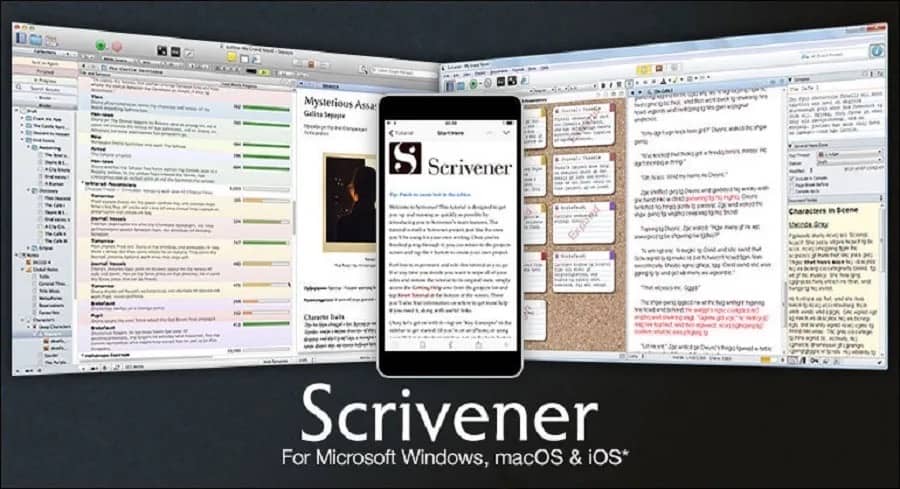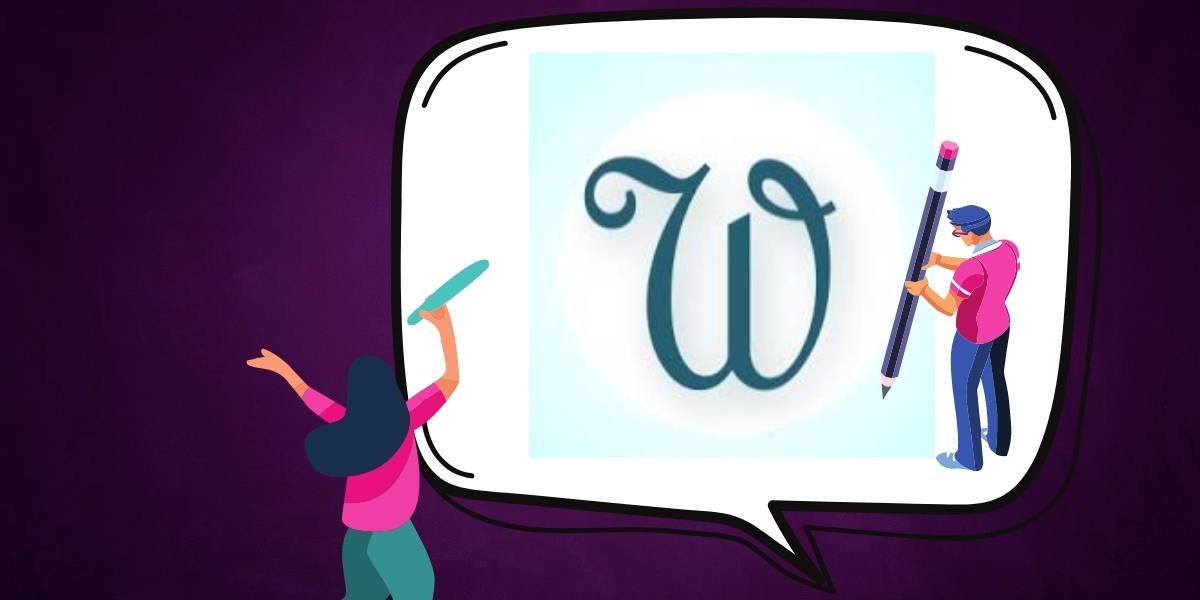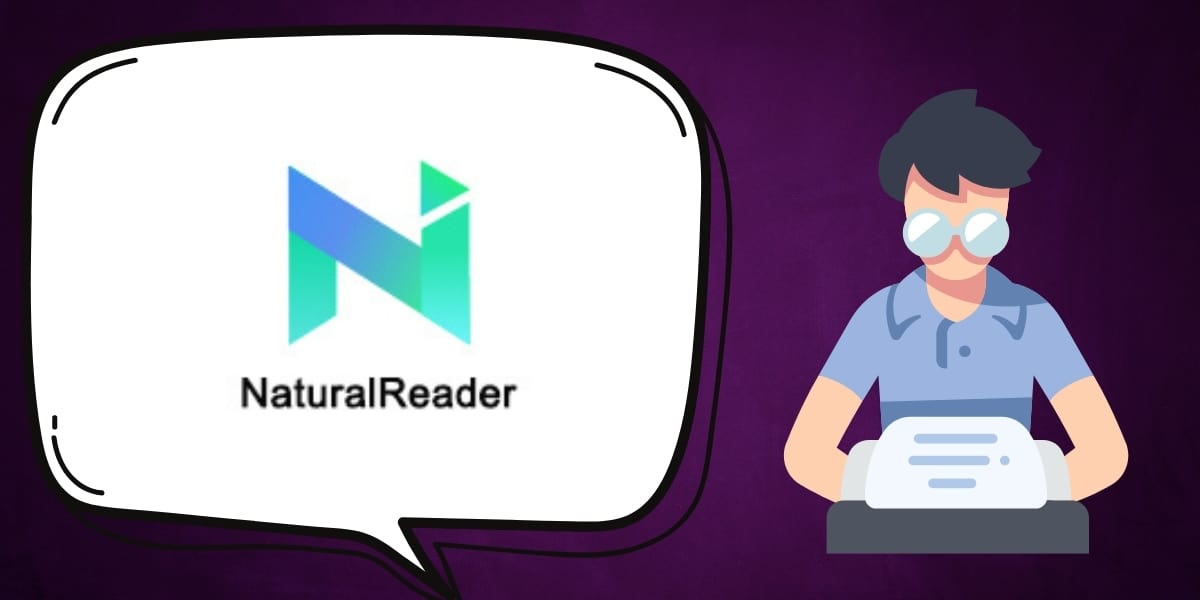Ready to write your book but overwhelmed by the process? The right writing app can transform your scattered ideas into a finished manuscript – and we’ve tested them all.
Gathering the courage to write a book on your own seems daunting and scary, right? I know this feeling. I was there once.
The first thing to do is to find a book-writing platform with all the benefits so you can put your thoughts into words chapter by chapter.
I have explored many writing apps, and a few have stuck with me, which are good with all the essential features available. In this article, I will mention the 10 best apps for writing a book and also discuss free book-writing apps for beginners.
Have a look at the new generation of book-writing apps.
Quick Navigation: Best Writing Apps | Free Apps for Beginners | App Comparison Guide | FAQs
How Can an App Help Me Write a Book?

There are a seemingly endless array of apps for writing a book, and they each help you solve a different writing-related problem.
Writing
Many book writing apps are designed with the physical writing process in mind. While many writers are perfectly happy sticking with Microsoft Word, Google Docs, or other standard word processors, these apps offer a more substantial alternative.
They provide tools specifically geared towards writing a book. For example, drag and drop chapter and scene options and character profile tabs.
Some even offer features that allow you to compare your current manuscript sections to previous versions of your work.
Editing
Then there’s a whole host of editing apps that go much further than your standard spell checker.
They help you with every aspect of the editing process, from checking sentence structure and grammar to improving your writing tone and flow and checking for plagiarism.
Goal Setting and Focus
Some apps which are geared towards writers also focus on time management and goal setting. When you’re in the process of writing a book, it’s so easy to get derailed and let your writing practice slip.
These apps are designed specifically to help you stay on track and keep you focused, so you can reach your goals of writing a book.
In this blog post, we’ll be reviewing the best apps for writing a book in 2024. So if you’re a writer who needs a little extra help (who doesn’t?), then read on; these apps can help take your writing to the next level.
Best Apps for Writing a Book in 2025
Let’s look at the best apps you can choose to write a book. Whether you are a beginner or a pro author, these apps will provide a better writing experience.
1. Scrivener

Scrivener is one of the biggest writing apps out there right now. It works for all kinds of writing, from something as small as an email, to a full on screenplay or novel. But it’s these long form types of writing where this app really excels.
When you log into Scrivener, you’ll first choose a template that suits your project (for example, a fiction or non-fiction book). You can either begin writing directly into the interface or import your text from elsewhere.
The sidebar on the left of the screen has tabs for a variety of elements that help you organize your writing. The best part is, you can personalize these tabs to show exactly what you need, and omit everything that you don’t.
There’s an endless array of helpful tools to choose from. There’re tabs for individual scenes within chapters of your book, as well as character tabs to help with individual character building throughout the story. There’s also a handy research tracking tool to keep your research focused and applicable.
If you struggle with organization and you value attention to detail, then Scrivener could be a massive help to you when you’re writing a book.
- Work on: Mac, iOS, and Windows.
- Cost: Free for the first 30 days, after which there’s a one time license fee of $40.84
Pros:
- Perfect for long-form book writing
- Personalize the interface for your specific needs
- One-time fee rather than a monthly subscription
Cons:
- Takes a while to learn how to use
- If you work between 2 different operating systems, (eg. Work laptop and home laptops), it can be hard to transfer work between them.
2. yWriter

For writers who use a Windows operating system, yWriter is a fantastic app that works in many of the same ways as Scrivener.
When you’re writing a book, the sheer amount of words to write ahead of you can feel pretty overwhelming. yWriter helps you to break down your writing into scenes or sections, making the whole process feel more manageable.
You can set targets and goals for yourself, such as a daily word count, and also track your character development and narrative arc using the storyboard tool.
yWriter has a huge selection of useful features and it’s reassuringly easy to use, even for new writers and people who aren’t particularly tech savvy.
Unlike Scrivener, there’s no option for story templates, but aside from that, this free app really holds it’s own, and is a great way to stay on track with your writing.
- Works on: Windows
- Cost: Free
Pros:
- Beaks down writing into manageable sections
- Great for goal setting
- Free of charge
Cons:
- No story template options
- Currently only available on Windows operating systems.
3. iA Writer

iA Writer is another app geared explicitly towards book and other long form writers. It’s great for people who hate clutter and don’t want to spend a long time learning how a new app works before they get started using it.
The user interface is refreshingly sleek and simple, but it still offers plenty of tools to help you organize your writing.
There’s a syntax highlighting system that can pick out various parts of speech such as adjectives or nouns, etc. This is great for the editing process.
You can also break down your book into manageable chapters and separate them into smaller sections, which helps to keep the writing process from feeling overwhelming.
There’s also a handy dark mode to preserve your battery life and give your eyes a break after a long day staring at a screen.
- Works on: Mac, iOS, and Windows
- Cost: Free for Android users. $8.99 for iPad and iPhone, $19.99 for Windows and $29.99 for Mac
Pros:
- Simple and easy to use
- Sleek, clutter-free design
- Dark mode for tired eyes and battery preservation
Cons:
- No automatic storage
- More expensive for Mac users
4. Ulysses

Ulysses is another top dog in the writing app world. It’s comparable to Scrivener, but with some important key differences.
While Scrivener requires a little extra time to learn how the interface works, Ulysses is much simpler to use. Many features offer short tutorials so it’s easy to get to grips with the various writing tools.
Another key difference in Ulysess is the use of “Markdown” formatting. For those uninitiated, this is a simple plain text language that makes writing and editing online much easier. It’s quick to pick up, and once you’re familiar with it, it will save you time in the long run.
This app also has all the standard writing app features you’d expect, including organization tools like keyword labels, daily and weekly progress trackers and daily word counters and stats.
- Works on: iOS and Mac
- Cost: Free trial, followed by either $5.99 per month or $49.99 per year
Pros:
- Quick and straightforward to get started
- Markdown formatting simplifies the user experience
Cons:
- Currently not available on Windows or Android operating systems.
5. Reedsy Book Editor

Reedsy Book Editor is one of the easiest to use writing apps available right now. The interface is incredibly sleek, and there’s no messy clutter to contend with; just a super simple, minimalist design that lets you focus on one thing; writing.
This book editor has great potential, especially when it comes to formatting your work. You can insert images within the body of text, drag and drop chapters and scenes, and create a professional and polished front and back matter.
It’s also particularly useful if you’re writing an ebook. You can format and export your work into an instantly uploadable file that is ready to submit to a publisher or print on-demand service. In fact, this is the perfect tool for anyone planning to self-publish their work.
Another stand out feature is the ability to compare your current draft to previous versions, so you can examine the contrasting versions in real time.
- Works on: Web-only
- Cost: Free
Pros:
- Sleek, clutter-free interface
- Great for formatting to publisher ready levels
- Free
Cons:
- Web-only program means you’ll need an active internet connection to use Reedsy.
6. Grammarly

Even if you’re new to the world of writing apps, you’ve probably heard of Grammarly. This supremely popular grammar tool is used by writers everywhere. From something as short and simple as an email, to full-length novels and screenplays, Grammarly is a powerful editing tool.
Grammarly has a surprising amount of features for a free app, but it’s the spell checker and grammar editor that writers tend to use the most.
Spelling errors, incorrect grammar and sentence structure are highlighted on the screen, with helpful suggestions for replacing words and phrases. The corrector also explains exactly why the highlighted text is incorrect, so you can pick up some extra grammar knowledge along the way.
Grammarly Premium lets you set specific goals for your writing when using the paid version of the app. Tell Grammarly your audience, desired tone and level of formality and it will analyze your text based on these markers. It also assesses how clear and easy to understand your text is, and scores your delivery and reader engagement levels.
While Grammarly doesn’t provide all of the additional book writing features found in some of the other apps on our list, it’s a great additional tool for editing your work. It’s also super handy to keep installed on your device for writing emails and other short-form documents.
- Works on: Web and most major browser extensions
- Cost: Basic Grammarly is Free. Grammarly Premium costs $29.95 per month, $59.95 per quarter, or $139.95 per year. Watch out for regular subscription discount offers.
Pros:
- Simple to use
- Improves spelling and grammar
- Scores your text on various markers
Cons:
- Web-only program means you’ll need a solid internet connection to use Grammarly
- No additional book writing tools
7. NaturalReader

Before you send your book to an editor, you’re going to want to do some thorough editing yourself.
One great way to approach the final editing process is to read the text out loud. While this is a great way to check your text’s sentence structure, flow, and readability, you can often miss key issues.
That’s where NaturalReader comes in. This editing app acts as a text-to-speech reader that reads your book right back to you.
You can choose from a variety of voices and adjust the reading speed as you wish. As the human-like voice reads your work back to you, the text is highlighted along the bottom of the screen so you can follow along and pinpoint any mistakes.
While running a whole full-length novel through NaturalReader might be too long a task, it can be a great way of checking shorter sections or running your daily writing through to check for issues with sentence structure and flow.
- Works on: Mac, Windows and Web
- Cost: Basic version is free. One time payment premium packages vary from $99.50 to $199.50
Pros:
- Reads your own text back to you
- Gives your eyes a break from looking at the screen
- Free package available
Cons:
- Premium version is more expensive than many other apps on our list
8. Atticus

Atticus is a software that allows writers to write and format a book at a lesser price than other platforms but with almost the same features.
It is a word processor and book formatting software where users can write, edit, and export their books very easily. On the dashboard, there is an option to create a new book or upload an existing one.
It is an alternative to Scrivener, where you create and reorder chapters, add images, front and back matter, and more.
Atticus has features such as cross-platform use, pre-built theme templates, create your own templates, device and print previewer, etc. It has a lot more user-friendly tools and export options such as EPUB format, PDF file, and DOCX file.
- Work On: Mac, Windows, Linux, Chromebooks, Internet Browser, iOS device, Android
- Cost: It costs $147 for a lifetime purchase. With this price, users can avail unlimited books and ebooks.
Pros:
- Available on all conceivable platforms
- Affordable than other leading platforms with major features
- Dynamic theme builder and easy to use
Cons:
- There’s no free trial option. Only 30-day money-back guarantee
- Not all features are available as of now
9. Dabble

Dabble is a simple and powerful writing tool to produce quality books. It is a place where you plan, plot, and write with the story’s notes in hand for a seamless writing experience.
It helps you with plotting and editing after you have written your first draft. It also has an organized feature that rearranges your work.
It has wide availability, which means it can be used on any system, automatically updates a plot section for reference, and also has a goal-setting feature that allows you to stay on track and complete your daily word count limit.
It has a 14-day free trial and does not require initial credit card details with a minimum payment amount. You can just sign up and start.
Work On: Windows, MAC, Android, iOS, or on any browser
Cost: It has 3 different subscription tiers:
- Basic: $10/month or $96/annually
- Standard: $15/month or $144/annually
- Premium: $20/month or $192/annually
Pros:
- Simple Interface
- Good Plot Grid
- Focus Mode
Cons:
- No Import Options
- No Book Formatting Options
- A Bit Pricey
10. Squibler

Squibler is specifically designed to help people write whatever they want by using its features. It is a digital writing platform that is for fiction writers, nonfiction writers, content writers, screenwriters, journal writers, and more.
It is a centralized platform that allows drafting, organizing, managing, editing, and collaboration for your writing projects. It has built-in writing templates and export options such as TXT, DOCX, PDF, and Kindle.
One of the unique features of the platform is that it comes with an AI writing assistant called Smart Writer that can help you write a scene, a dialogue, etc. if you get stuck in between with just a few prompts.
The free version offers almost all the major features that authors need to write a good-quality book, but it limits the usage of word count and projects.
- Cost: The Pro plan charges $16 (billed annually).
Pros:
- Smart Writer
- Robust Free Version
- It can be used by any type of writers
Cons:
- Limited Formatting
- Not Fast Enough
- Pricey
Quick Writing App Comparison Guide
🎯 Best for Beginners: Google Docs, Reedsy Book Editor (both free)
📝 Best for Serious Writers: Scrivener, Ulysses
💰 Best Free Option: yWriter (Windows), Reedsy Book Editor (web)
✏️ Best for Editing: Grammarly, NaturalReader
📱 Best for Mobile: iA Writer, Ulysses
🤖 Best with AI: Squibler
Free Book Writing Apps For Beginners
For authors who are just starting out, exploring free book-writing apps is a better option. Through this, they can understand the concept better without paying fees.
There are good free writing tools available that are easy to use. I have listed a few, have a look!
Google Docs

Google Docs is a great book-writing software that is free to use. It does not have many features but is more than enough to produce a book.
It is easy to use, and beginners can explore it easily without any hassle. It is great for writing and editing and has handy tools for designing manuscripts. Google Docs is best for the writing process; you need to use other software for further steps.
Microsoft Word
Microsoft Word is another good writing tool for beginners. It is not dedicated to only book writing; there are templates available for writing novels.
It is available for free and also has a subscription option. Beginners can use the free version to write books, and if you want, you can purchase it as well, but it is not cheap.
It is great for writing and editing your work and also has other features that will help enhance the write-ups.
Novlr
Novlr is a free writing app with essential writing and editing features. It helps you stay organized, take notes, set daily and monthly goals, etc.
It also has a subscription plan, but the free version is also good, with all the basic features available to start writing your book.
It has a distraction-free mode and allows you to export written resources, a simple yet better software for beginners.
Manuskript
Manuskript is another free book-writing tool that has features for beginners to use. It has word count, outliners, and a novel assistant to get you started.
It does not have any major extraordinary features, but the basic ones can be good for writers who are just starting their journey.
Writing Apps FAQs
What is the best free app for writing a book?
Google Docs and Reedsy Book Editor are the top free options. Google Docs is perfect for basic writing, while Reedsy offers professional formatting features.
Do I need a special app to write a book?
No! You can write a book in any word processor. However, dedicated writing apps offer features like chapter organization, character tracking, and goal setting that make the process easier.
Which writing app is best for beginners in 2025?
For complete beginners, start with Google Docs (free) or Reedsy Book Editor (free). If you want to invest, Scrivener ($40 one-time) is the gold standard.
Can I write a book on my phone?
Yes! Apps like iA Writer, Ulysses, and Dabble work great on mobile devices and sync across all your devices.
What’s the difference between Scrivener and other writing apps?
Scrivener offers the most comprehensive organizational tools – character sheets, research folders, scene breakdowns, and complex project management. It’s like having a digital writing binder.
Start Writing Your Book Today
The perfect writing app won’t write your book for you, but it will make the journey significantly easier. Whether you choose a free option like Google Docs or invest in a professional tool like Scrivener, the most important step is to start writing.
Our recommendation: Begin with Reedsy Book Editor (free) to test the waters, then upgrade to Scrivener if you want advanced features. Remember – the best writing app is the one you’ll actually use consistently.
Download one of these apps today and take the first step toward becoming a published author. Your story is waiting to be told!




These look like wonderful writing tools! Thank you for providing these options with such great details.
Hi. You and your readers might be interested in trying out the Novel Goggles web app too.
It s possible? Only Scrivener and yWriter?
Thanks,anyhow,for your Top 14!! I think that will use Very well this!!